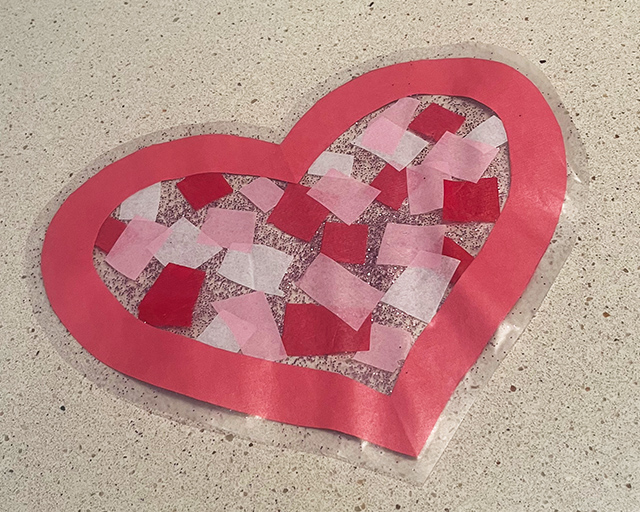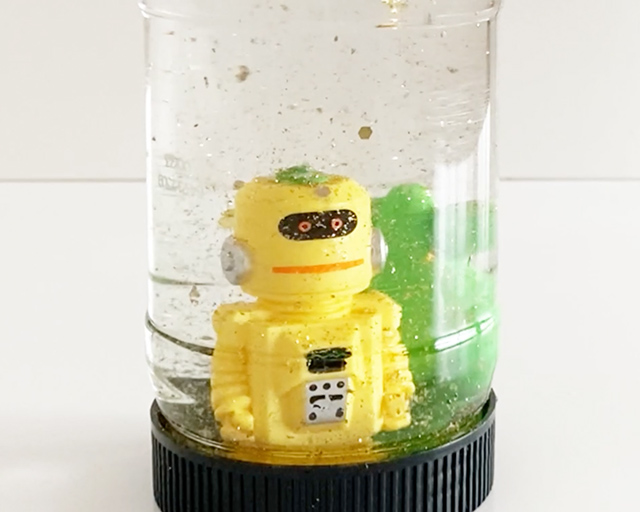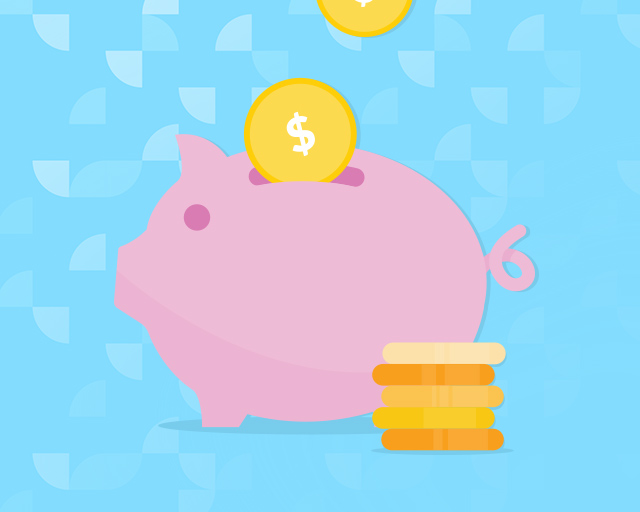

You know you have to pay your credit account bills every month, but do you know how that process works?
When you buy something with a credit account, you’re purchasing something with money a lender has “loaned” you. Every month, you need to pay back some of that loan. If you pay the entire bill, then you’re squared away, with no interest billed or accrued and nothing else to pay for. If you pay the minimum payment, there’s a little bit more to it.
What exactly is a minimum payment? It’s the lowest amount a borrower can pay on their bill and remain in good standing with the lender. Paying the minimum on a credit card account is fine, but this may cost you more in the future. Why? If you only pay the minimum each month, you may have to pay interest on the remaining balance.
There are other options than paying in full or paying the minimum. If you can, try to pay a little more than the minimum or make two payments in a month. That’ll help you pay off your bill faster, and you may have fewer finance charges and pay less overall.
Oh, and while it’s good to pay extra on your account, it’ll only count toward what’s shown on that month’s bill. It doesn’t go toward minimum payments that are due on future bills. For example, if you pay twice your minimum monthly payment this month, you’ll still need to make your minimum monthly payment next month.
So, should you still try to pay extra? Absolutely. Like we mentioned earlier, it’ll help you pay off bills faster, and your finance charges and overall costs will be lower.









